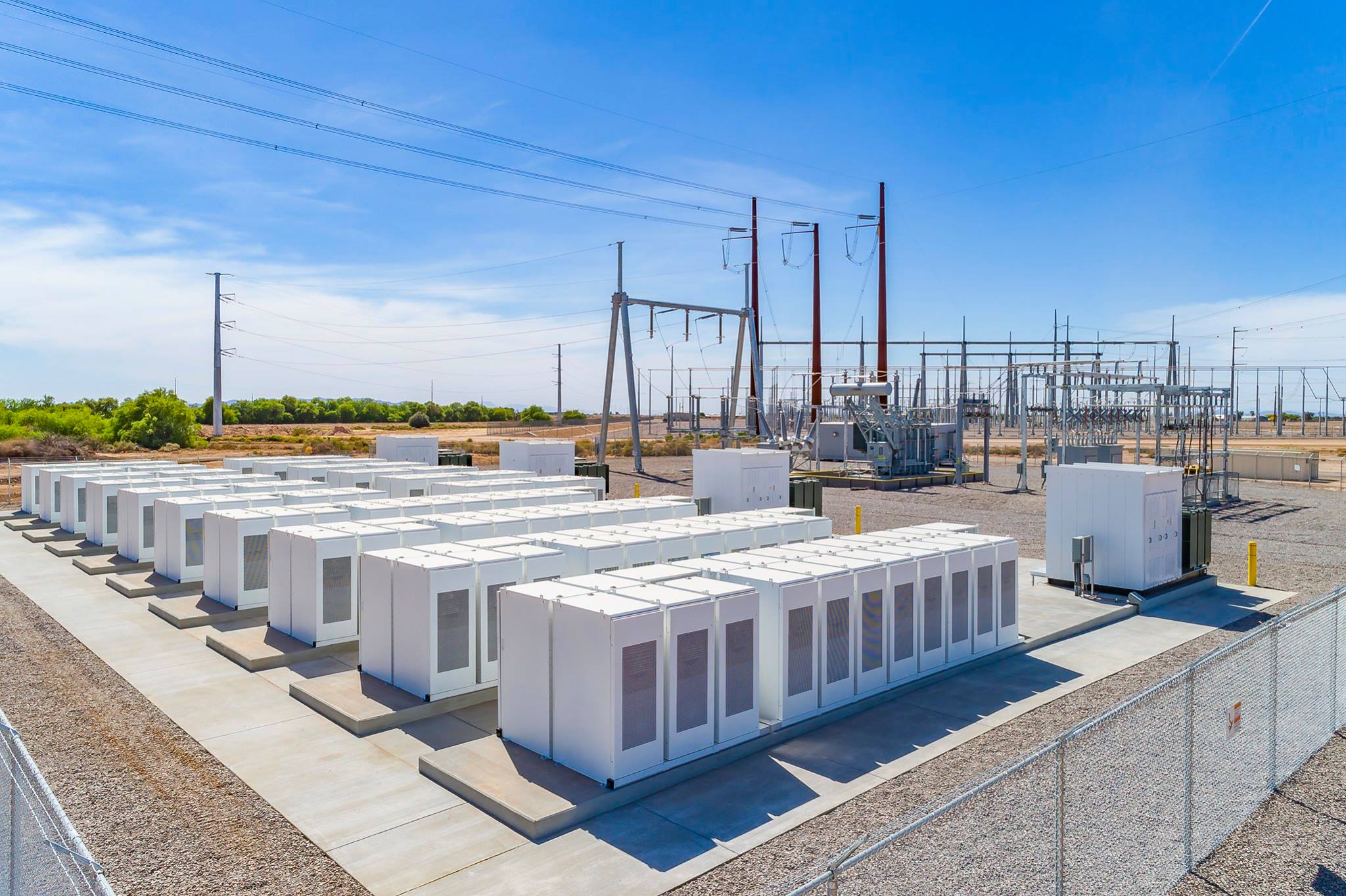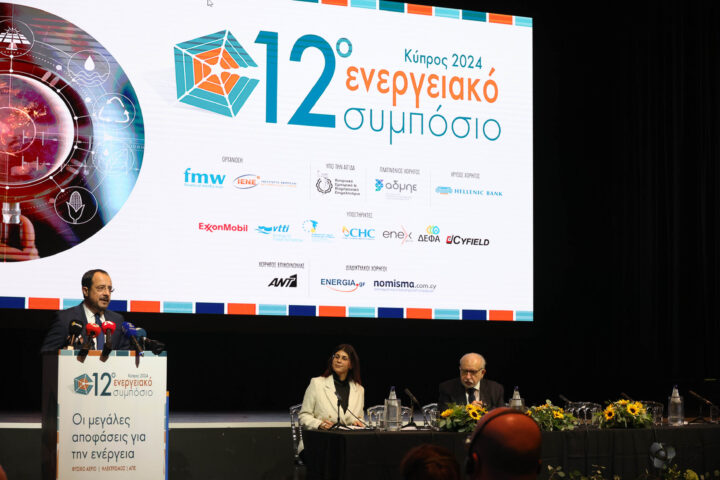Efforts to transition to a carbon-neutral economy are doomed to fail if the government does not invest in energy storage facilities, as the island’s isolated grid cannot handle the excess load from renewable producers.
According to energy analysts, despite the small contribution of RES to the island’s energy production, Cyprus’ grid is overloaded when solar and wind parks reach their production capacity, resulting in the loss of thousands of MW.
Data from the Transmission System Operator shows RES contribution to overall energy production is 17.2%.
According to Energy Ministry officials, 20% of the energy produced by solar parks and photovoltaic systems is being rejected by the grid.
MPs were told by the end of the current year, the grid will have rejected some 30,000 to 40,000 MW.
“Without energy storage, the RES system cannot work”, Energy Minister George Papanastasiou told Kathimerini Cyprus edition.
Battery storage, or battery energy storage systems (BESS), enable energy from renewables, like solar and wind, to be stored and released when the power is most needed.
Without them, Cyprus’ small and isolated system is forced to reject the excess energy produced.
In comments to the Financial Mirror, energy analyst Sotiris Kyprianou said authorities need to urgently address the need for storage, as the grid’s limited capacity will be an obstacle to transitioning to a carbon-neutral society.
He explained two primary reasons for the relatively low penetration of RES in the energy system: the grid’s limited capacity and the amount of energy already being rejected.
“The grid capacity limitations became apparent since 2020 when a number of substations were overloaded due to high input from solar installations in rural areas such as Peristerona, Orounta, Ergates, and Athienou”.
The energy analyst said red tape often hinders upgrade projects, putting RES development projects on ice.
“Such was the case in Orounta when authorities took two years to approve an upgrade to the local substation, with work now expected to be completed in 2026”.
The second reason for rejecting green energy is twofold, argued Kyprianou.
“First, there is very low energy consumption during April and May, compared to the rest of the year, coupled with a conservative approach adopted by the grid operator”.
In these months, energy consumption in Cyprus drops to around 400MW during the day.
“To ensure generator stability, the grid operator strives to keep the generators running and burning fuel.
“If green energy generation exceeds 200MW during this period, the excess has to be rejected.
“This explains the loss of 20% of the energy produced by solar parks, quoted by officials,” he noted.
Kyprianou said this loss is selective, regulated under a process called ripple control, allowing the system operator to reject their energy or shut down the systems.
This is the case for large solar parks, which are the first to be shut down, followed by solar networks ranging from 8kW (residential) to 499kW.
Storage
However, smaller residential systems with less than 8kW capacity, lacking ripple control, are considered “uncontrollable.”
The cumulative capacity of these “uncontrollable” systems has reached 145MW, posing a significant challenge that could potentially disrupt the entire grid, according to the EAC.
“The obvious solution to these problems is storage units.
“However, high costs could make a RES project non-viable, let alone an option for residential systems.”
The analyst said the state must step in with incentive schemes for large solar parks and support packages for people wanting to install a small battery in their residential photovoltaic system.
“The other obvious option already in the pipeline is to expand the grid by interconnecting with mainland Europe and neighbouring countries such as Egypt and Israel.
“Such as the EuroAsia Interconnector and EuroAfrica Interconnector projects,” said Kyprianou.
An Energy Ministry official told the Financial Mirror the ministry is working on incentive plans to boost new investments in RES projects, including batteries.
“Initial plans also include constructing a central electricity storage system on the grid.
“At the moment, the plan is in the stage of internal consultation, with technocrats going through the technical issues, while approvals will also be needed by the Directorate of Competition at the European Commission,” said the official.
The goal is for the plans to be completed within 2023.
Papanastasiou was in Israel on Thursday for meetings with his Israeli counterpart Israel Katz.
The interconnection with Israel and Europe was one of the items for which the two ministers decided to set up working groups.
Leader and MP for the Cyprus Greens, Charalampos Theopemptou, said there are options, including more imaginative ones than costly batteries.
“In some EU member states, RES producers have resorted to imaginative ways, although based on older technology, to reduce their energy losses.
“A solar park can be combined with a Hydro turbine project,” said Theopemptou.
Hydro turbines are devices used in hydroelectric generation plants that transfer the energy from moving water to a rotating shaft to generate electricity.
“They use excess energy produced during the day to carry water to a reservoir on higher ground.
“At night, or whenever there is an increase in demand, they let the water run into a hydro turbine, essentially turning the energy back into electricity”.










